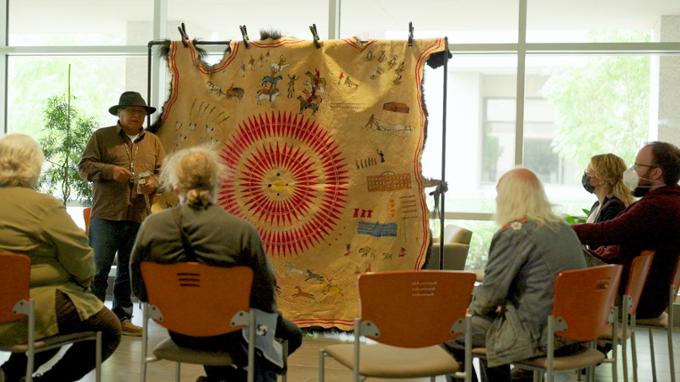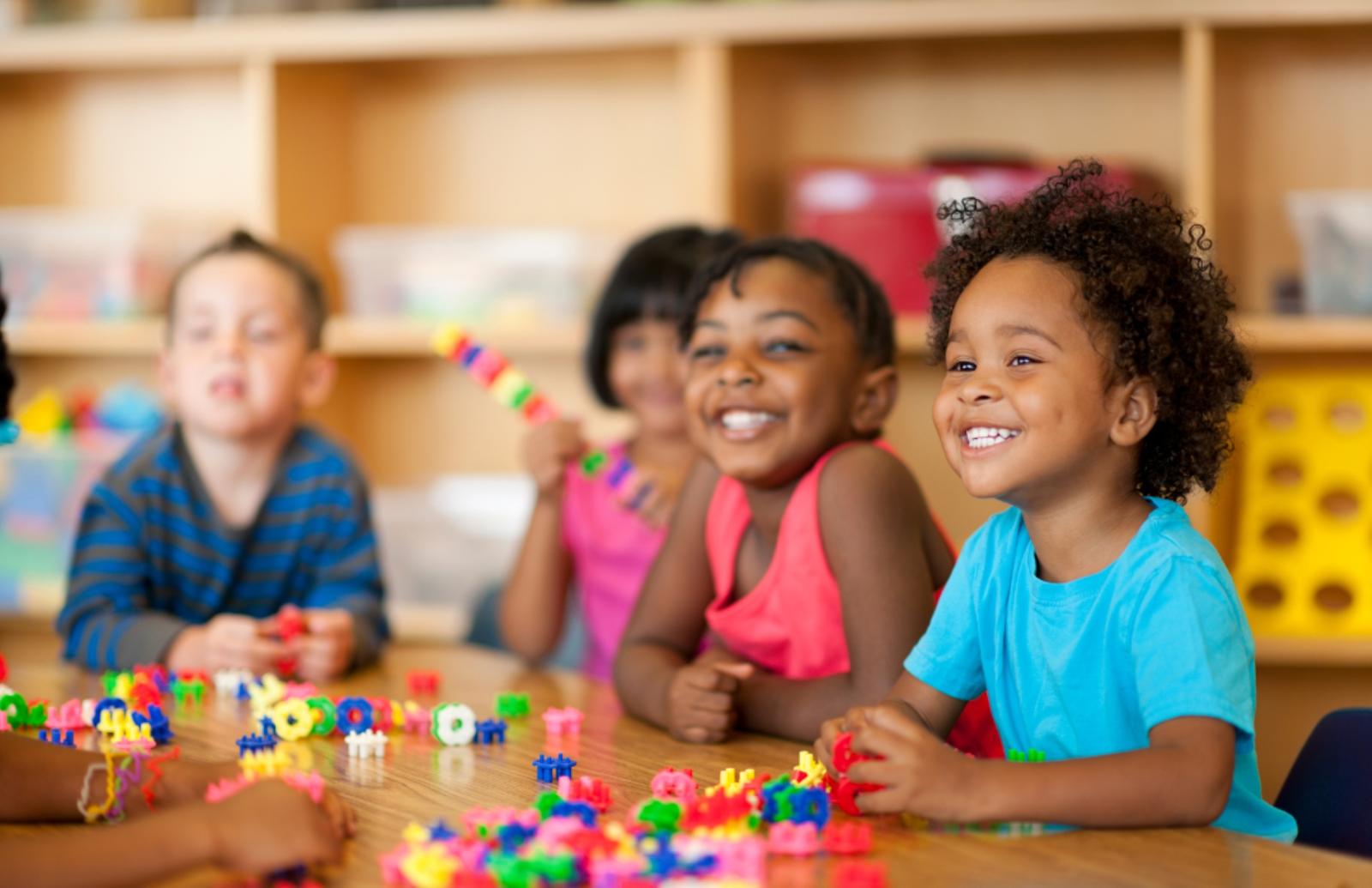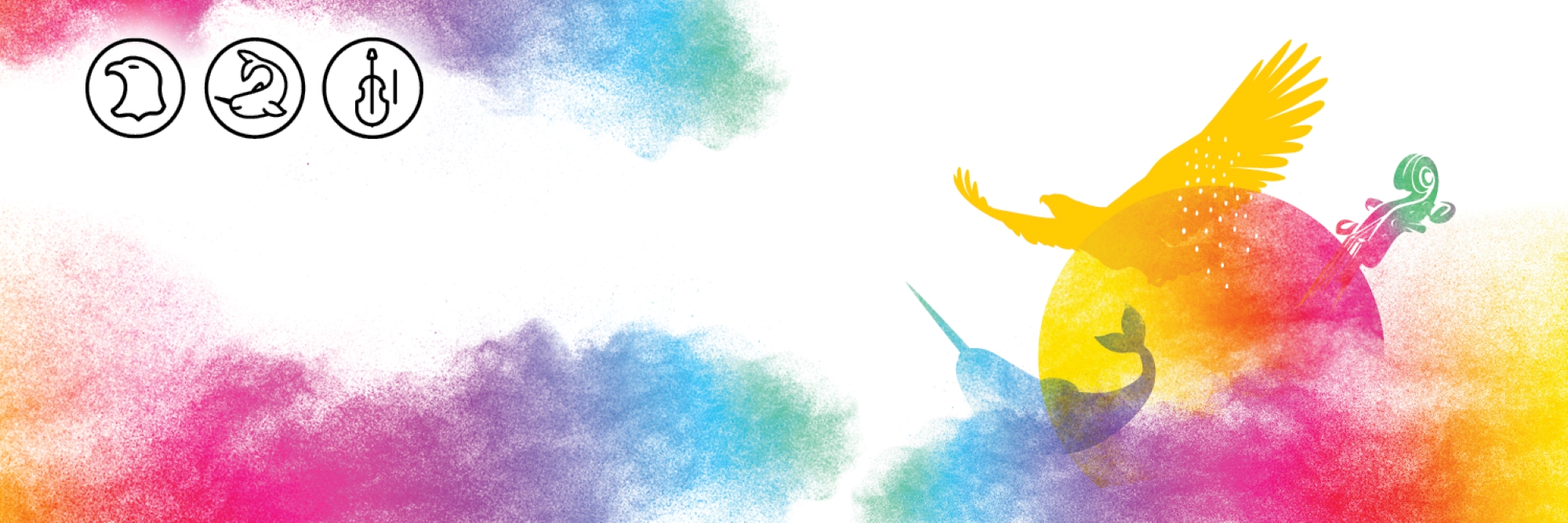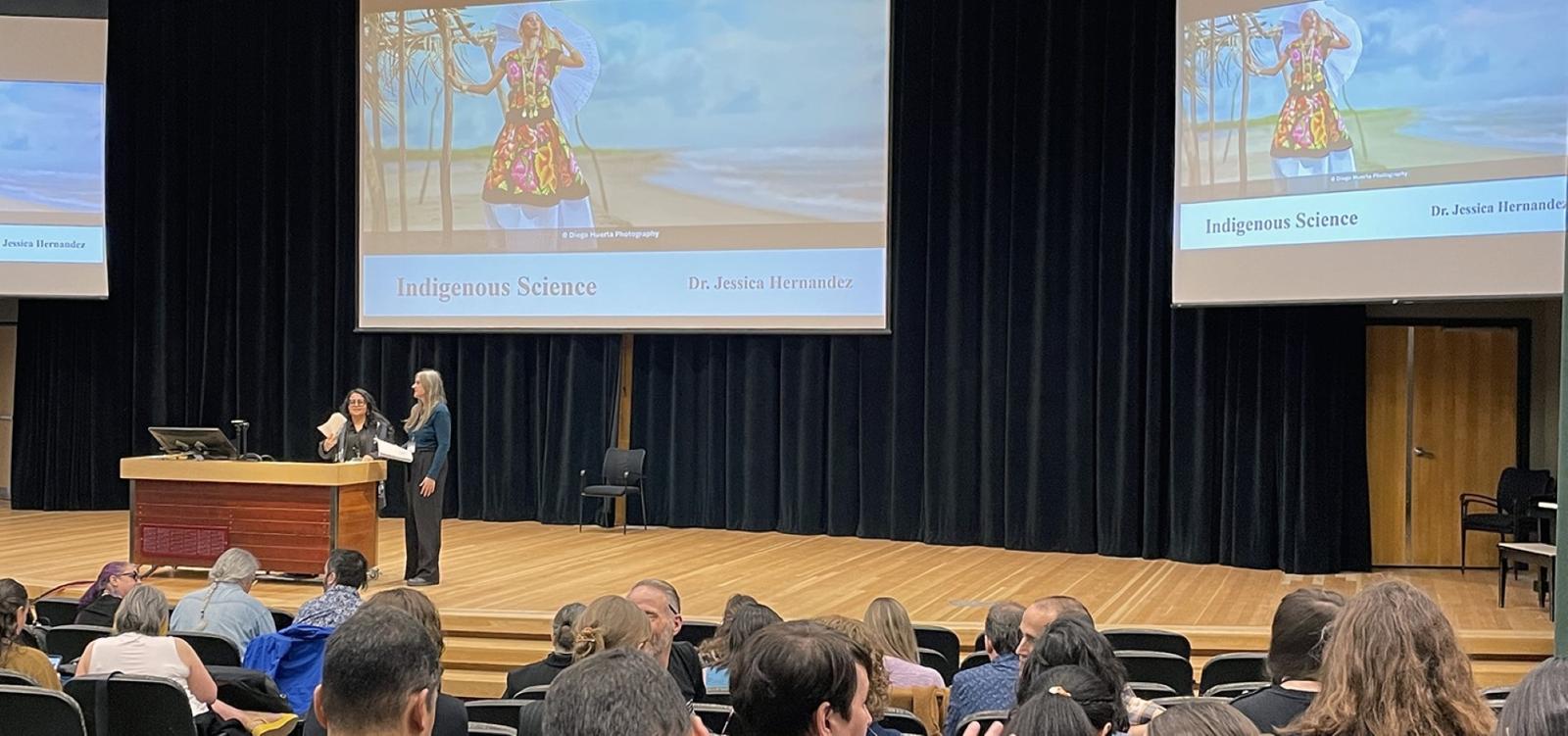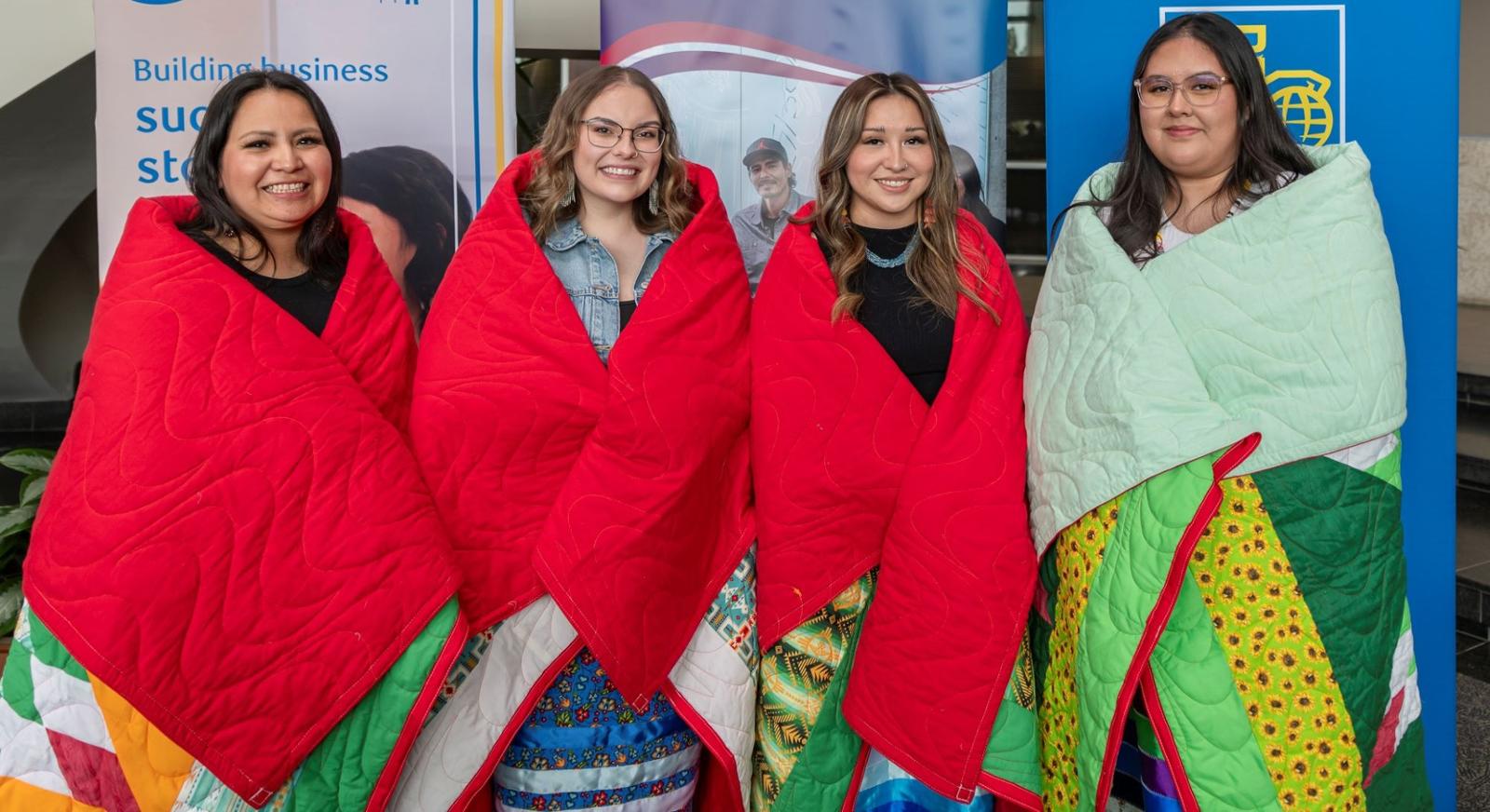While classes are cancelled on September 30 for the National Day for Truth and Reconciliation, the learning shouldn’t stop.
Canada established the federal statutory holiday last year to honour the Indigenous children who never returned home from and the children who survived the abuse of the federally-run residential school system, as well as their families, and communities.
Between 2008 and 2015, the Truth and Reconciliation Commission of Canada – which was created following a legal settlement between survivors and the parties responsible for the schools – documented the painful history and lasting legacy of the residential schools system.
The National Centre for Truth and Reconciliation is keeping those stories safe and has a wealth of information on its website that you can self-navigate, including the 94 Calls to Action.
The Calls to Action are the Truth and Reconciliation Commission’s policy recommendations to guide the public and private sectors in creating meaningful change to move relations with Indigenous peoples in a positive direction.
Keenan Cummings, program co-ordinator at the ta-tawâw Student Centre at the University of Regina, says the National Day for Truth and Reconciliation is a day to remember and reflect, but “also a day for settler-Canadians to engage in educating themselves about the total history of Canada.
“Before reconciliation can happen, many Canadians still need to hear the lived experiences of Indigenous peoples in today's society so that they can begin to decolonize and move toward their own reconciliation journey,” Cummings said.
September 30, the chosen date of the National Day for Truth and Reconciliation, has been recognized as Orange Shirt Day for nearly a decade thanks to an Indigenous-led, grassroots movement. The former student whose experience started it, Phyllis Webstad, shares her story in this video.
Indigenous children as young as four years old were forced to attend residential schools across Canada. This interactive map shows the locations of many of them. They operated from the late 1800s until the late 1900s. They weren’t the only method by which Indigenous children were separated from their families. During the Sixties Scoop, Indigenous children were adopted into primarily non-Indigenous homes. The wide-ranging impacts are detailed on this map.
“The negative impacts of assimilation policies and residential schools, when viewed through the single lens, limit our identity to one of trauma,” Cummings said.
For a more comprehensive background, you can take a course. The 4 Seasons of Reconciliation training is free through the University of Regina.
“Taking the time to learn the total history of the lands on which we all live and learn, will help us to come to a place where we can hear the truth of each other without defensiveness,” Cummings said.
While there are local events specifically for the National Day for Truth and Reconciliation, many organizations and groups in the community and here on campus offer in-person learning opportunities all year long.
“These discussions in educational spaces are key to bringing about real change. Indigenous peoples are diverse, resilient, and strong; it is time for us to be viewed as assets and change-makers and not defined singularly by the traumas that we have endured,” Cummings said.
Listening to Indigenous voices and perspectives is paramount when it comes to developing a deeper and more nuanced understanding of the issues at play.
For years, Indigenous creatives have been elevating stories in the public sphere and there is a wealth of media that exists, just waiting to be consumed.
The Saskatchewan Library Consortium’s Indigenous Voices reading list consists of nearly 250 titles on a plethora of topics. Through that resource and the many others available online, you can also search for the varied and multifaceted works of Indigenous journalists, podcasters, filmmakers, and artists.
Eagle Feather News, a newspaper specifically covering topics of interests to First Nations and Métis communities in the province, and MBC Radio, Saskatchewan’s Indigenous Radio Network, frequently share such content.
APTN and CBC will both be airing special programming on September 30 for the National Day for Truth and Reconciliation.
Educating yourself on the fulsome history of Indigenous peoples in Canada is an act of reconciliation.
Truth & Reconciliation is one of five areas of focus in the University of Regina's 2020-2025 Strategic Plan kahkiyaw kiwȃhkomȃkȃninawak - All Our Relations. We strive to honour and integrate Indigenous ways of knowing and being in our teaching and research endeavours.
